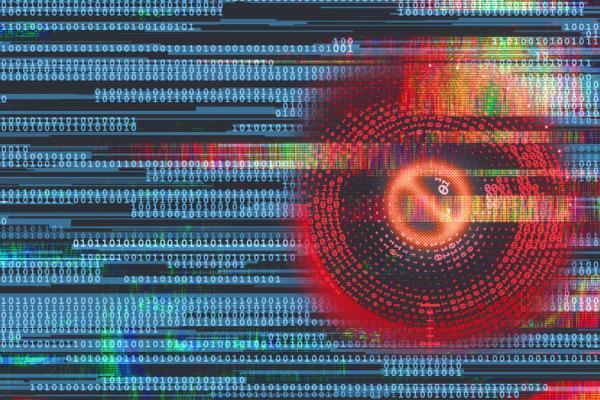
Great Power Competition and Conflict: The Informational Power of USA, Russia, and China
Friday, January 31, 8:30 AM - 6:00 PM
Saturday, February 1, 8:30 AM - 12:45 PM
120 Mershon Center, 1501 Neil Ave
Digital globalization, the rise of grey zone conflict and hybrid warfare, computational propaganda, and the strategic use of influence campaigns have all increased the salience of the informational power employed by state actors to pursue their national security goals. Dominance in informational power, thus, has emerged as a strategic arena for great power competition and conflict between the United States, Russia, and China. This conference examines this topic with a cross-disciplinary, multi-method approach. We bring together a diverse group of scholars from the fields of history, communication, political science, and computational science to discuss how Russia, China, and the United States exert their informational power and the significance for national and international security.
Friday, January 31st
8:30am - 9:00am Registration/Light breakfast
9:00am - 9:15am Introduction and Opening remarks
9:15am - 11:00am Research Panel One: "Historical Analysis of American Informational Power"
Presenters:
Jonathan R. Winkler, Wayne State University: “Centripetal Force: United States Postwar Planning, Strategy, and International Communications, 1943-1945”
Nicholas Cull, USC Annenberg: “The Forgotten Process: The role of information disarmament in the Soviet/American rapprochement of the 1980s”
Dakota Rudesill, OSU College of Law: “American Secret Law and Covert Action”
11:00am - 11:15am Coffee break
11:15am - 1:00pm Research Panel Two: "Chinese Influence Operations"
Presenters:
Jennifer Pan. Stanford University: “China's Soft Power: Censorship and Confucius Institutes”
Gillian Bolsover, University of Leeds: “Chinese Information Power, Computational Propaganda and the Chinese Dream of National Rejuvenation”
Joshua Eisenman, Notre Dame University: “Insurmountable Asymmetry? Influence and Agency in China-Africa Relations"
1:00pm - 2:00pm Lunch break - Mershon lobby
2:00pm - 3:45pm Research Panel Three: "Informational Power and Public Opinion"
Presenters:
R.K. Garrett, The Ohio State University: “Americans’ susceptibility to misperceptions in a dynamic media environment"
Olga Kamenchuk, The Ohio State University: “Comparative Dynamics of Russian and American Views of Each Other"
Haoming Xing and Brian Finch, The Ohio State University: “Chinese Attitudes: A China-Russia-US Triadic Approach"
3:45pm - 4:00pm Coffee break
4:00pm - 5:45pm Research Panel Four: "Chinese, Russian, and American Narrative Influence"
Presenters:
Skye Cooley, Oklahoma State University: “Strategic narratives on global competition: How Russian & Chinese media present challenges to US influence amid a changing global order.”
Joanna Szostek, University of Glasgow: “Beyond and between strategic narratives: Non-elite accounts of the Russia-Ukraine Conflict"
Haifeng Huang, University of California Merced: “Championing Democracy in an Authoritarian Society: The Challenge of American Public Diplomacy"
6:00pm Dinner and reception - Mershon lobby
Saturday, February 1st
8:30am - 9:00am Coffee and light breakfast
9:00am - 10:45pm Research Panel Five: "Russian Influence Operations"
Presenters:
Sergey Sanovich, Princeton University: “Stop Our Lies, Subscribe to Our Rules: Strategic Goals of Digital Disinformation Campaigns”
Dariya Tsyrenzhapova & Samuel Woolley, University of Texas-Austin: “Core Debates in Computational Propaganda: Theories, Effects and the Diffusion of the Russian Disinformation Model”
Erik C. Nisbet, The Ohio State University: “The Structural Antecedents of Russian Soft and Hard Power Among Western European Publics”
10:45am - 12:45pm Working lunch: Directed group discussion on Identifying Research Gaps and Building Resilience to Coordinated Online Influence Campaigns
Please visit https://mershoncenter.osu.edu/events/great-power-competition-and-conflict-informational-power-usa-russia-and-china for the most up-to-date information on this conference
